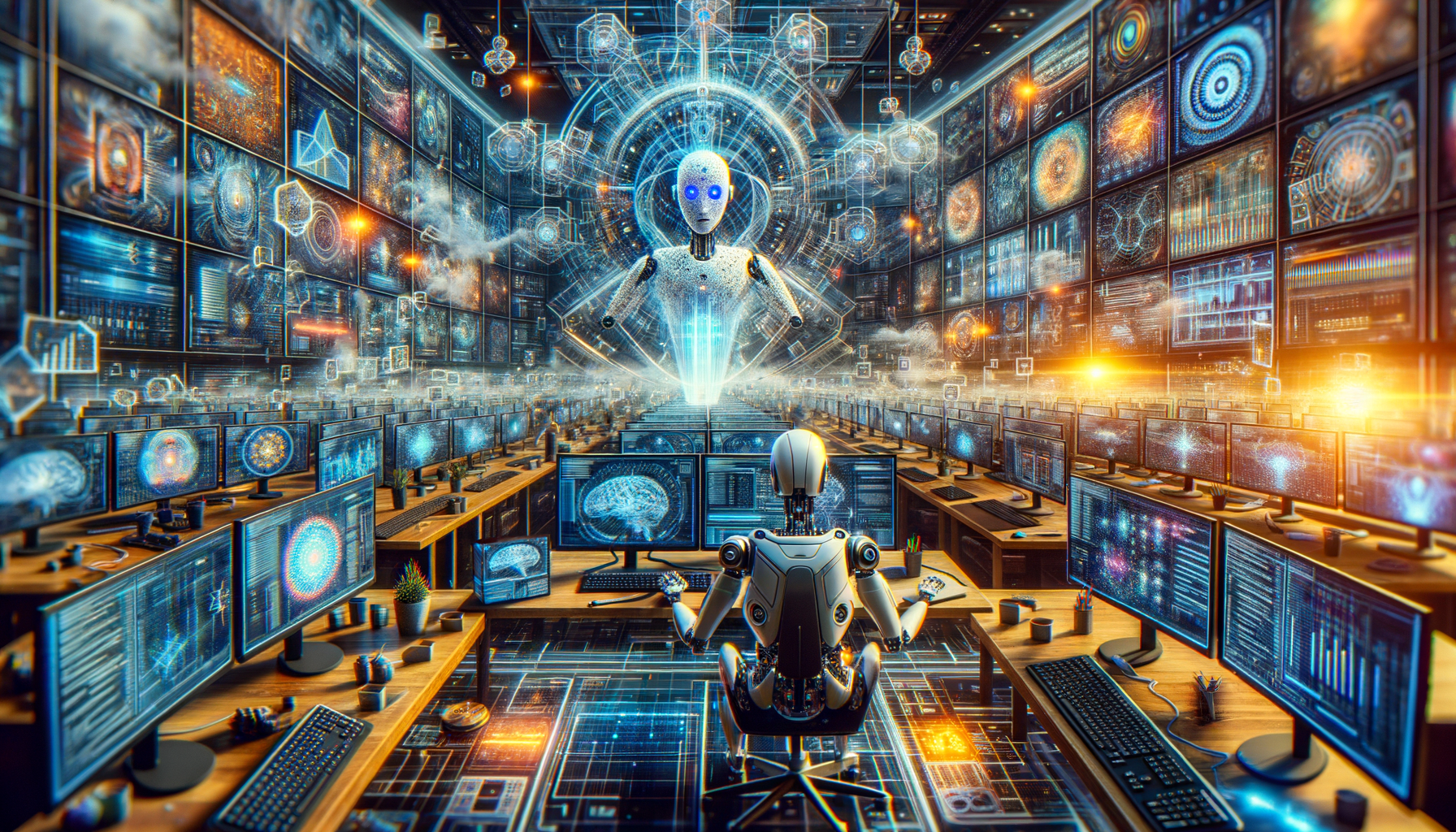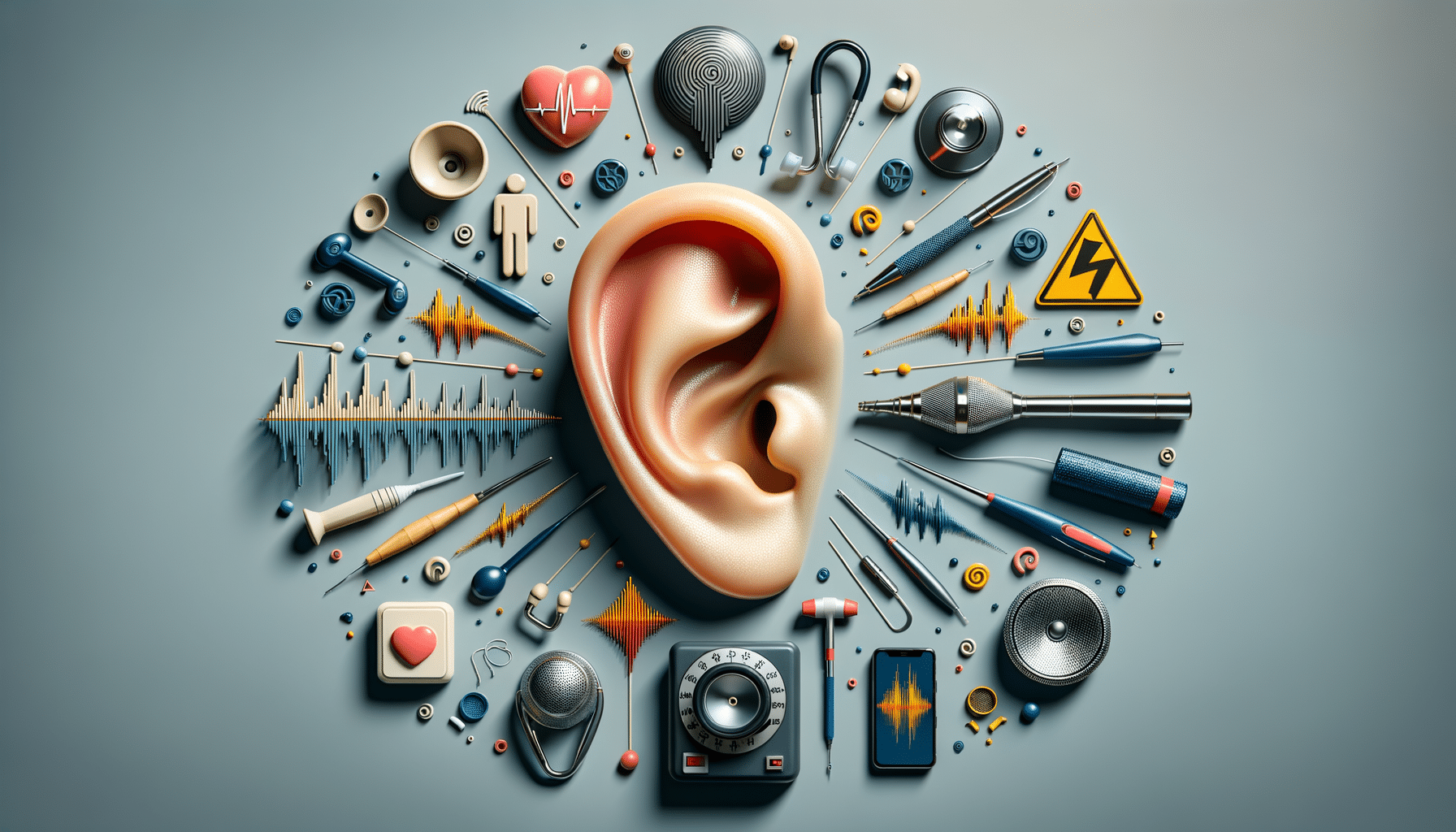
How AI Content Generators Revolutionize Creator Productivity
The Rise of AI Tools in Content Creation
In recent years, the landscape of content creation has undergone a significant transformation, largely due to the advent of AI tools. These technologies have revolutionized how creators approach their work, by automating routine tasks and enabling them to focus on more strategic and creative endeavors. AI writing tools automate 70% of routine content tasks, allowing creators to reclaim valuable hours that can be devoted to refining their craft or developing new ideas.
AI tools have become integral to many industries, including marketing, journalism, and education. They offer various functionalities, such as content generation, editing, and optimization, which streamline the content creation process. These tools are not only time-savers but also enhance the quality of content by ensuring consistency and accuracy.
As AI continues to evolve, it is expected to further integrate into the daily workflows of content creators, offering even more sophisticated capabilities. This shift is not just a trend but a fundamental change in how content is produced and consumed, making it crucial for creators to embrace these technologies to stay competitive in their fields.
Key Features and Benefits of AI Content Generators
AI content generators come equipped with a range of features that make them indispensable tools for modern creators. One of the most compelling benefits is their ability to produce high-quality content quickly, without sacrificing accuracy or creativity. These tools use advanced algorithms to analyze data and generate content that is not only relevant but also engaging for the target audience.
Some of the key features of AI content generators include:
- Natural Language Processing (NLP): This enables the tool to understand and mimic human language, making the generated content sound natural and coherent.
- Content Optimization: AI tools can optimize content for search engines, improving visibility and reach.
- Customization: Users can tailor the output to suit specific needs, such as tone, style, and length.
These features contribute to a more efficient content creation process, allowing creators to focus on strategic planning and creative exploration. The ability to quickly generate content also means that creators can respond to trending topics and audience demands more effectively, keeping their work relevant and timely.
Impact on Different Industries
The influence of AI tools extends across various industries, each benefiting uniquely from their capabilities. In marketing, AI tools help in crafting personalized content that resonates with specific customer segments, enhancing engagement and conversion rates. Journalists use AI for data-driven reporting, where the tools assist in sifting through vast amounts of information to identify key insights and trends.
In the education sector, AI tools facilitate the creation of educational materials that are tailored to individual learning needs, promoting a more personalized and effective learning experience. Additionally, AI-powered analytics provide educators with valuable insights into student performance, helping to identify areas that require additional focus.
These examples illustrate the versatility and adaptability of AI tools, making them a valuable asset in any industry that relies on content creation and dissemination. By embracing these technologies, industries can enhance their productivity, creativity, and overall effectiveness.
Challenges and Considerations
Despite the numerous advantages offered by AI content generators, there are also challenges and considerations that creators must address. One of the primary concerns is the potential for AI-generated content to lack the emotional depth and nuance that human writers bring to their work. While AI tools excel at generating factual and structured content, they may struggle with capturing the subtleties of human emotion and experience.
Another consideration is the ethical implications of using AI in content creation. Issues such as data privacy, intellectual property rights, and the potential for misinformation must be carefully managed to ensure responsible use of these technologies. It is essential for creators to remain vigilant and informed about the ethical guidelines and best practices surrounding AI tools.
Furthermore, as AI tools become more prevalent, there is a growing need for creators to continuously update their skills and knowledge to effectively integrate these technologies into their workflows. This involves not only understanding how to use AI tools but also staying abreast of the latest developments and trends in the field.
The Future of AI in Content Creation
Looking ahead, the future of AI in content creation appears promising, with ongoing advancements poised to further enhance the capabilities of these tools. As AI technology continues to evolve, it is likely to become even more sophisticated, offering new features and functionalities that will expand the possibilities for content creators.
One potential area of growth is the integration of AI with other emerging technologies, such as virtual reality and augmented reality. This could lead to the development of immersive content experiences that engage audiences in novel and exciting ways. Additionally, AI’s ability to analyze and interpret complex data sets will enable creators to produce more targeted and personalized content, enhancing audience engagement and satisfaction.
Ultimately, the continued evolution of AI tools will play a crucial role in shaping the future of content creation. By embracing these technologies and adapting to the changing landscape, creators can unlock new opportunities for innovation and success, ensuring their work remains relevant and impactful in an increasingly digital world.


